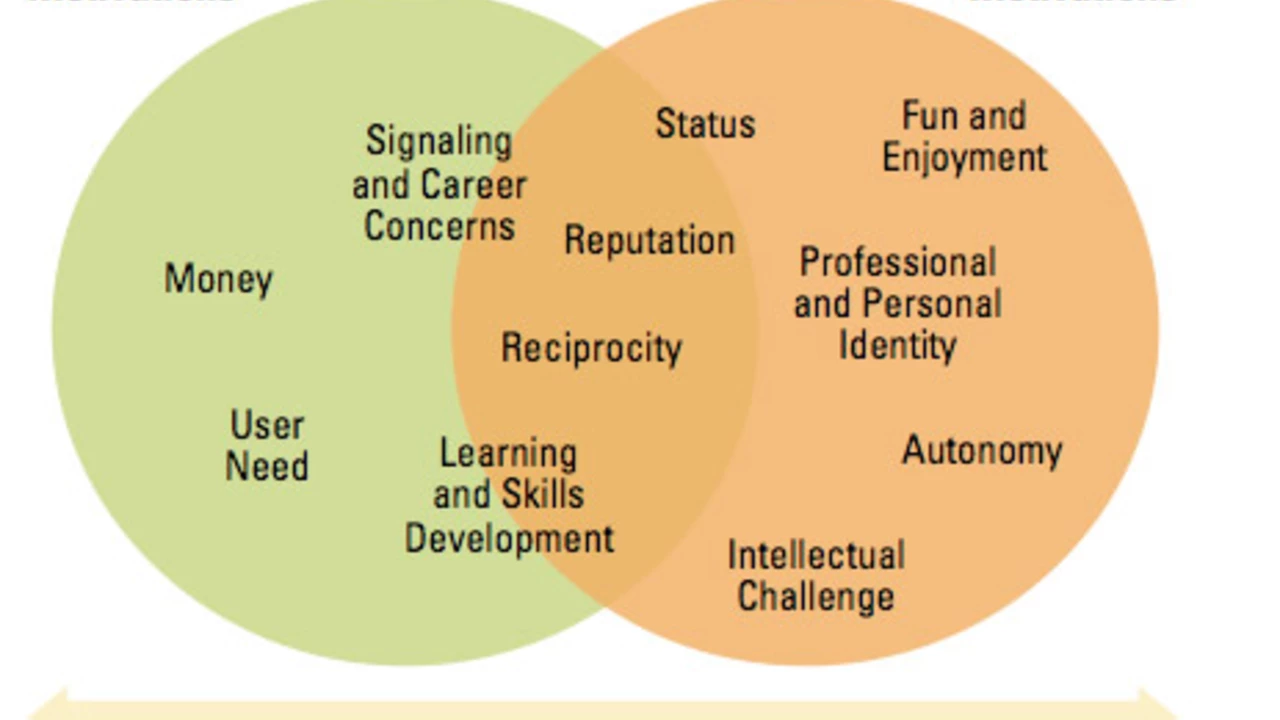Psychology in Motorsports
When working with Psychology, the scientific study of mind and behavior. Also known as behavioral science, it offers tools to understand why drivers push limits and how fans react to rivalries.
One key branch is Sports Psychology, the application of psychological principles to improve athletic performance. This field shows how mental rehearsal, confidence building, and focus drills boost a racer’s lap times. Another important concept is Risk Perception, how individuals evaluate danger and make split‑second safety decisions. Drivers who accurately gauge risk tend to avoid crashes and keep a steady pace, while misjudgments can turn a fast lap into a costly incident. Finally, Motivation, the internal drive that pushes athletes to train harder and compete fiercely fuels the relentless pursuit of podiums and records.
These entities form a web of cause and effect: psychology encompasses sports psychology, sports psychology influences motivation, and motivation shapes risk perception on the track. That chain explains why a driver’s mindset can be as decisive as engine power. Understanding this web helps fans decode headlines, like Alonso’s tactical shift sparking Mbappé’s surge, or the mental games behind the Ryder Cup rivalry.
Why Mindset Matters on the Track
Team dynamics also lean on psychology. Communication styles, leadership confidence, and collective belief affect how engineers and pit crews respond under pressure. When a crew trusts the driver’s feedback, pit stops shrink, and strategy tweaks happen faster. Likewise, a driver who visualizes a perfect corner can translate that mental image into real‑world speed, as seen in the LMP1 vs. IndyCar speed debate where confidence in handling mattered as much as raw horsepower.
Safety discussions, like the dangers of motorcycle racing, often overlook the mental side. Riders who train their focus and stress response reduce the odds of fatal errors, even when conditions get extreme. And for those aspiring to write about motorsports, a solid grasp of psychology equips journalists to ask the right questions about a driver’s mental state, making stories richer and more engaging.
Below you’ll find a curated mix of articles that dive deeper into these topics—from tactical psychology in football to the mental grit required for the world’s toughest car races. Each piece shows a different angle of how the mind shapes speed, risk, and competition, giving you a full picture of why psychology is the hidden engine behind every motorsport headline.

